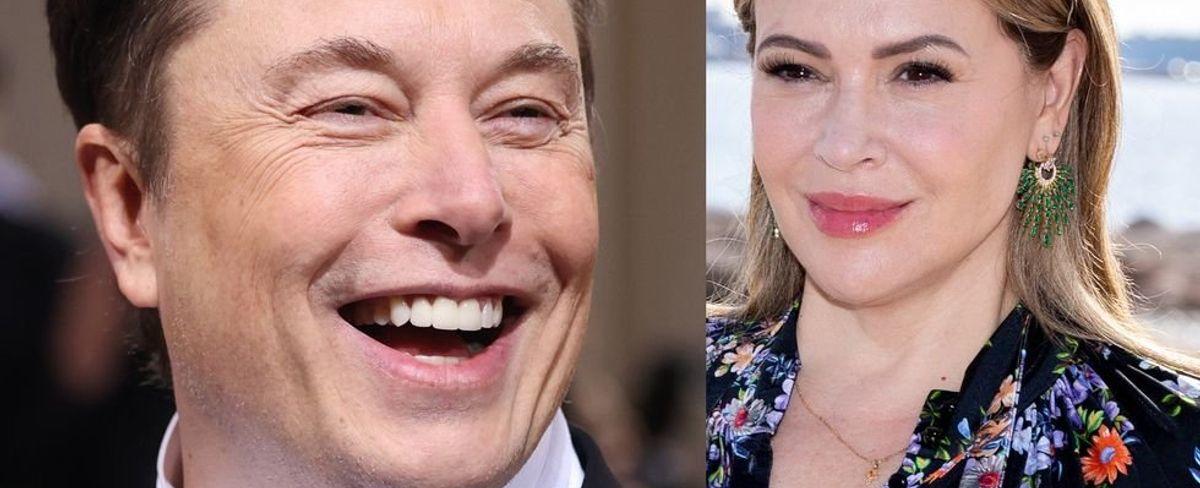Elon Musk mocks Alyssa Milano and other celebrities melting down over new verification rules

Elon Musk, the CEO of Tesla and SpaceX, has recently mocked celebrities, including Alyssa Milano, for their reaction to the new Twitter verification rules. Twitter has recently changed its process of providing blue checkmarks to users, which confirms their identity and makes their accounts more credible. Under this new policy, Twitter has removed the verified status of some accounts that have violated the platform’s policies. Since then, some celebrities have expressed their outrage on social media, stating that the policy is arbitrary and unfair. In response to this, Musk has criticized the celebrities, saying that “they’re acting like fascists.” He further added that “if you can’t say what you think without getting cancelled, that’s not freedom of speech.”
Musk’s comments have sparked a debate around freedom of speech and the role of social media platforms in moderating online content. While some argue that social media companies have a responsibility to remove hate speech and disinformation, others believe that such policies restrict free speech and infringe on individual rights.
In recent years, social media platforms like Twitter and Facebook have faced criticism for their role in spreading misinformation and fueling political polarization. As these platforms continue to evolve, it is crucial to examine the impact of their policies on freedom of speech and individual rights.
In summary, Elon Musk has criticized celebrities, including Alyssa Milano, for their reaction to the new Twitter verification rules. The debate around freedom of speech and social media regulation is ongoing, and it is essential to carefully balance individual rights with the responsibility of social media companies.
Quick Links

